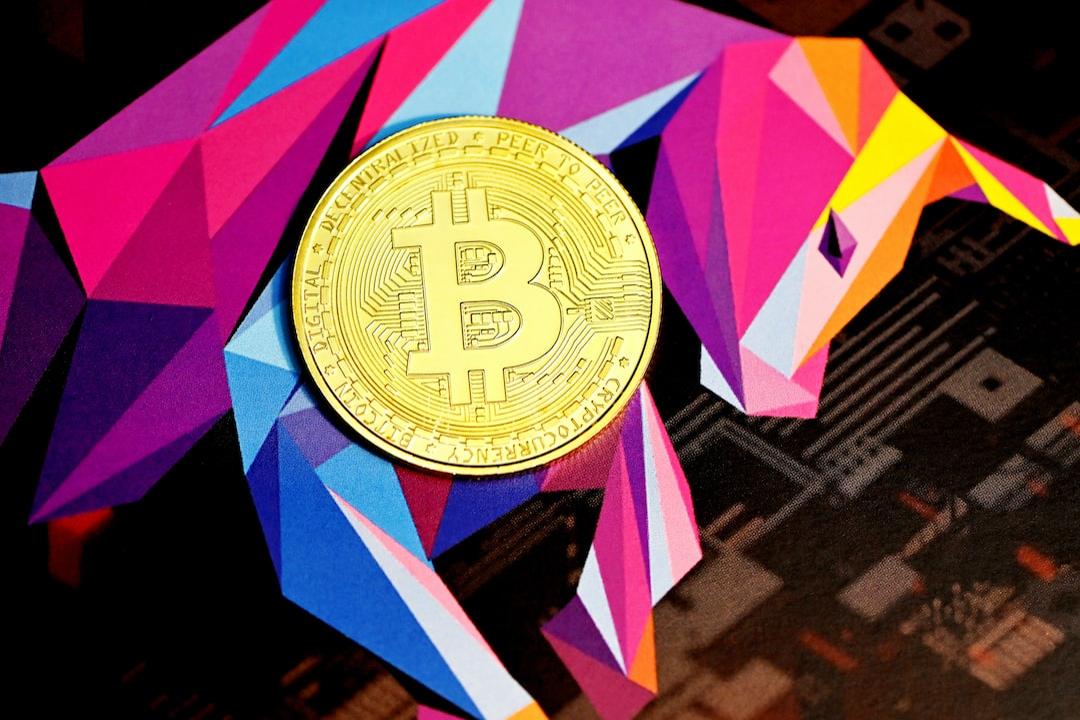Nigeria Includes Bitcoin and Other Cryptocurrencies in Securities Regulatory Framework with the Investment and Securities Act 2025 (ISA 2025)
Nigeria has incorporated cryptocurrencies such as Bitcoin into its securities regulatory framework through the Investment and Securities Act 2025 (ISA 2025), bringing a regulatory framework to this African digital asset hotspot, while also sparking discussions on classification and operational challenges.
(Background: Trump’s administration hits a red light in its first hundred days! Approval ratings below 40% set a record low for U.S. presidents in 80 years; is the tariff war truly making the USA great again?)
(Additional context: What’s next for Musk after exiting DOGE? Trump pushes OPM to “emphasize loyalty to the president” and continues firing federal employees.)
Nigeria’s Long-standing Regulatory Void in Digital Assets
Nigeria, a leading country in global Bitcoin adoption and P2P trading volume, has long been in a “wild west” of digital asset regulation. Despite the enthusiasm for digital assets among the general public, there has been a lack of clear regulatory frameworks for such innovative assets, resulting in a legal vacuum. To address this challenge and promote the modernization of capital markets, the Investment and Securities Act 2025 (ISA 2025) has emerged.
Core Changes of ISA 2025: Digital Assets Enter the Regulatory Framework
According to Forbes, Nigerian President Tinubu recently signed the ISA 2025 bill, which replaces the previous 2007 law. The core change of the bill is that it legally classifies Bitcoin and other digital assets as securities for the first time. This marks the official recognition of Bitcoin by Nigeria and its incorporation into a formal regulatory framework. The new regulations grant the Nigerian Securities and Exchange Commission (SEC) expanded powers and responsibilities, making it the primary regulatory body for the digital asset space, covering virtual asset service providers (VASPs), digital asset operators (DAOPs), and digital asset exchanges (DAEs).
The main objectives of the bill include filling regulatory gaps, enhancing market transparency, strengthening investor protection, and cracking down on Ponzi schemes and other financial fraud activities (promoters could face fines of at least 20 million Naira or up to 10 years in prison) while aligning Nigerian capital market regulations with global standards such as those from the International Organization of Securities Commissions (IOSCO).
Opportunities and Challenges Arising from Regulatory Implementation
Key provisions require relevant operators to obtain SEC approval, comply with KYC/AML (Know Your Customer/Anti-Money Laundering) frameworks, and adhere to compliance reporting requirements, allowing virtual assets to be traded on securities exchanges. Additionally, the bill introduces Legal Entity Identifiers (LEIs) to improve transaction transparency and authorizes the SEC to obtain data from telecom and internet providers to investigate illegal activities such as market manipulation.
The implementation of the ISA 2025 bill is expected to reduce uncertainty in Nigeria’s digital asset market, particularly for domestic and foreign entities that have hesitated due to a lack of regulation. By establishing a regulatory framework that meets international standards, Nigeria hopes to improve its reputation in global anti-money laundering and counter-terrorism financing efforts, striving for removal from the Financial Action Task Force (FATF) grey list, thereby attracting more international investment.
Classification Controversies and Operational Cost Considerations
However, despite the introduction of a regulatory framework, the ISA 2025 bill has also raised significant challenges and concerns. The most prominent controversy revolves around the appropriateness of classifying Bitcoin as a security. Unlike countries like the United States, which view Bitcoin as a commodity, the decentralized nature of Bitcoin and the absence of a single issuer complicate the application of traditional securities regulations.
This could pose regulatory challenges to Bitcoin’s inherent characteristics. On an operational level, the high compliance costs of the bill create significant entry barriers for many digital asset firms, particularly startups with limited capital. Industry insiders point out that this might lead to market concentration among financially robust entities, potentially stifling the “permissionless innovation” that has been a hallmark of the Bitcoin industry.
Moreover, businesses will need to undergo internal operational adjustments to establish KYC/AML frameworks compliant with the new regulations and to apply for necessary licenses, presenting a difficult transition period for many operators. Notably, the bill also imposes restrictions on the issuance of stablecoins, limiting it to financial institutions authorized by the Central Bank of Nigeria (CBN).
Industry Responses and Future Outlook
Nigeria’s crypto industry leaders have expressed a complex but generally pragmatic attitude towards the ISA 2025 bill. Many operators view the bill as a starting point for dialogue and communication with regulators, believing that as the industry matures, specific amendments can be gradually pushed to address the bill’s areas of incomplete applicability. Some perspectives suggest that these challenges are necessary “growing pains” for transforming the value transfer methods in Africa, a process that must be experienced for long-term development.
Looking ahead, the passage of the ISA 2025 bill, whether as a milestone or accompanied by “growing pains,” marks the entry of Nigeria’s digital asset development into a new era guided by official recognition and regulation, warranting continued attention from the global fintech sector.

Related Reports
U.S. Senator Calls for Trump’s Impeachment: $TRUMP Meme Coin “Selling the White House Backdoor” Meets Legal Threshold for Impeachment
Trump Says: Without Benefits from China, Tariffs Won’t Be Reduced; No More 90-Day Suspension Period for Countries
Will U.S.-China Tariff Negotiations Conclude? Trump: ### Called Actively, 200 Trade Agreements Have Been Reached


